Healthcare is witnessing transformations that it has not ever experienced earlier with artificial intelligence leading the scale, taking forth the field of diagnostics by upgrading its capabilities for early detection, while bringing customized treatment in medicine. From the prediction of patient outcomes to fast-paced searches and growth in new drugs and telemedicine, AI has offered avenues through which patients are served in a timely and effective manner. At higher levels of AI technology, issues related to data privacy, algorithm bias, and accountability continue to rise. Discuss how AI is changing healthcare and making it better by means of results, cost-effectiveness, and better access to health services. This blog will provide the reader with information about the new medical applications for AI and the probable shift it will take towards changing the map of medicine.
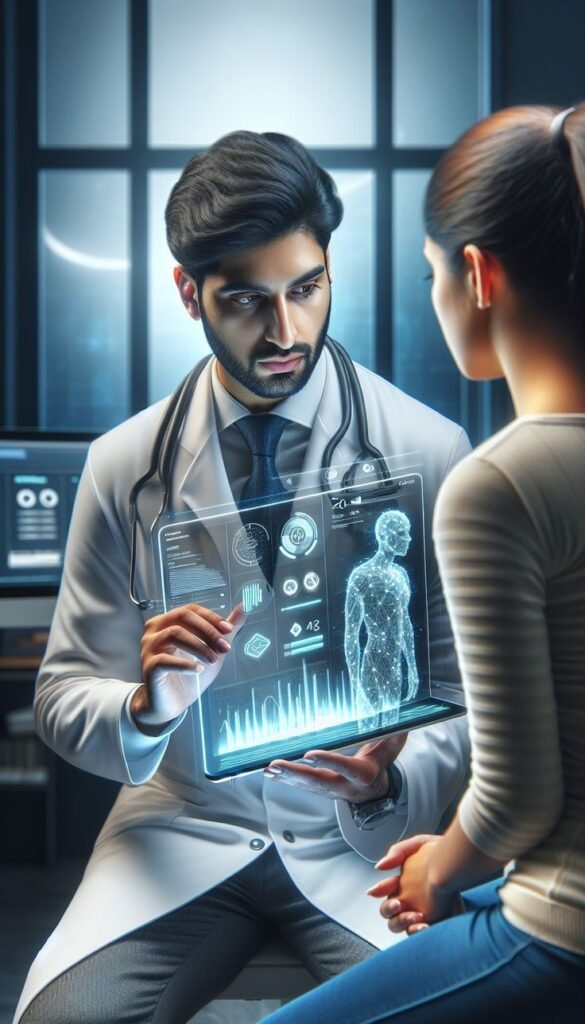
Rise of AI-Driven Health care: A New Revolution of Medicine in 2025
The healthcare sector is on the cusp of a revolution that will see its transformation leaping forward by leaps and bounds in 2025. Rapid developments in artificial intelligence, machine learning, and deep learning are making AI-driven healthcare more than just a futuristic concept, bringing the previously impossible ways of diagnosing, treating, and managing patients into real life by medical professionals. From accuracy in diagnosis to the prediction of the outcome of the patient and personalizing the treatment, AI is turning out to be a tool within modern healthcare where the immense potential of saving lives while reducing medical costs can be harnessed.
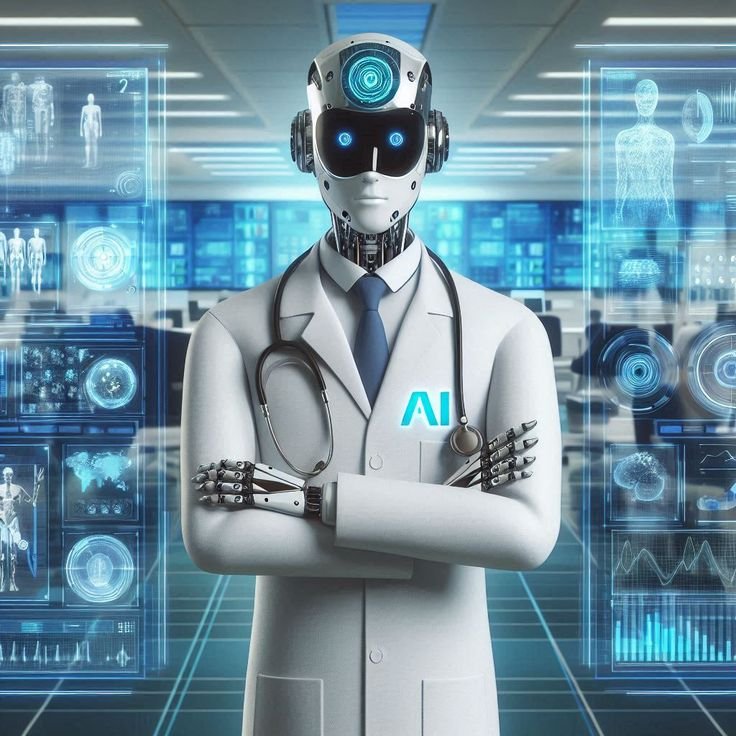
1. AI-Powered Diagnostics: Revolutionizing Early Detection
In fact, diagnostics possibly represent the best promise that AI has to offer to healthcare. Doctors have used diagnostic tools, but with AI, it can process humongous amounts of data at incredibly fast speeds and accuracy levels that even sometime outdo human abilities in some conditions.
AI-based systems can analyze medical images like X-rays, MRIs, and CT scans for the presence of unusual features, such as tumors, fractures, and infections. Deep learning algorithms have made incredible progress in medical image interpretation to become at or even beyond the best in accuracy among radiologists.
For instance, when used in lung cancer screening, AI detects much smaller tumors than its conventional counterpart with higher sensitivity. AI models learn patterns and anomalies from tens of thousands to millions of medical images that allow early disease detection that cannot easily be visualized by a human eye. AI, therefore, makes it possible for much earlier detection of diseases by its ability to detect much quickly and accurately and hence improve outcomes and survival in patients.
In addition, AI-based diagnostics are increasingly integrated into medical practice methodically. Doctors receive real-time recommendations based on the decision support system through such AI-based systems, which consider the whole history of a patient, laboratory data, and more. The decisions offer doctors the opportunity for well-informed choices and provide error-free care.

2. Personalized Medicine: Personalized Treatment and Care
It has been quite some time since the concept of personalized or precision medicine first came to the world, but AI has only speeded up its pace. Personalized medicine is about tailoring a treatment plan that suits the particular genetic makeup, lifestyle, and environment of each patient. So, instead of the one-size-fits-all approach, AI is now empowering doctors to administer highly customized care.
Algorithms draw huge amounts of data from EHRs, genetic information, and even environmental factors to produce a unique treatment plan for each patient. For example, in oncology, AI tools will predict how a patient’s cancer might react to different therapies based on his or her genetic profile and the characteristics of their tumor. This will help the doctors to arrive at the optimum treatment choice by causing minimal side effects to the patients.
Increasing usage of AI-enabled platforms is bringing patients closer to clinical trials around 2025. By using the medical as well as the genetic information of patients, AI will search for those clinical trials most apt to help such a patient speed up new-treatment development with maximum potential for exposure of patients to latest possible therapeutic alternatives.
The second area is pharmacogenomics, specifically studying how genes can affect a person’s reaction to drugs. It is now possible to predict how a particular drug can be used in coordination with one’s unique genetic makeup, which allows doctors to prescribe the most appropriate medication for each patient, thereby minimizing the risk of adverse side effects and improving treatment results.

3. AI in Drug Discovery and Development: Accelerating Innovation
New drug discovery is a long, expensive process with high risk. Traditionally, to develop a new drug, a decade is lost and billions are spent. The AI is bringing a revolution into the drug discovery process, faster, cheaper, and more efficient.
AI models can be used to comb through vast chemical libraries and biological databases in far shorter periods of time than any researcher could spend evaluating them for promising potential drug candidates. These AI machines can predict, with accuracy, how different kinds of molecules may interact with other target proteins-thus helping highlight promising candidates.
There are several AI-based drug innovations in developing new treatments for diseases such as Alzheimer’s and cancer. The AI algorithm is used to find new compounds for the above diseases, which can be used for the fast development of a new therapy. Using AI, pharmaceutical companies can check the available research, clinical data, and genetic information that will help to quicken the process of drug discovery while increasing their chances of success.
Besides accelerating drug discovery, AI also makes clinical trials more efficient. Patient data analysis will allow researchers to design better clinical trials that target the right patient and monitor responses in real-time. This means increased speed, cost reduction, and higher chances of getting drugs approved.
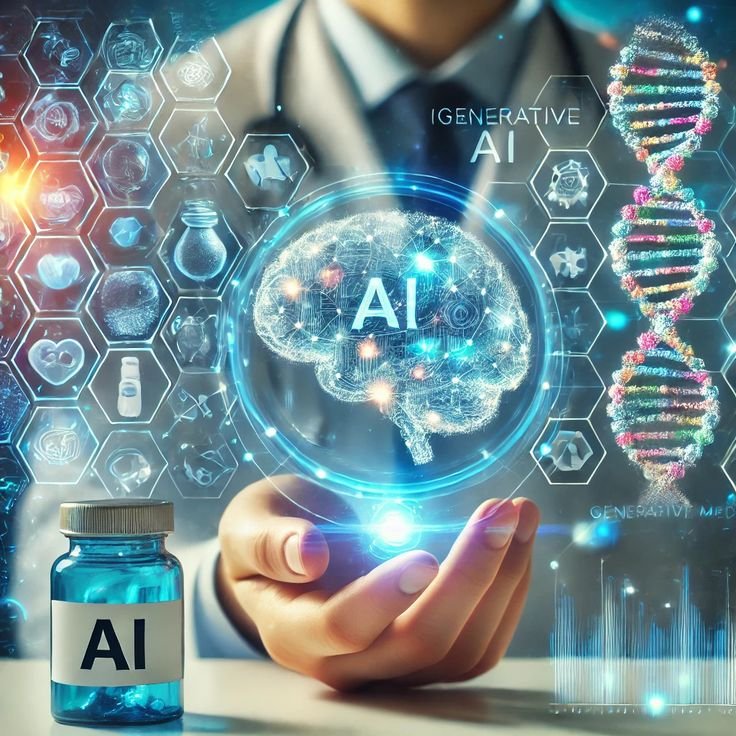
4. AI in Remote Monitoring and Telemedicine: Access Expands
The world witnessed a pandemic with COVID-19, and the acceleration of the global telemedicine and remote healthcare solution market is playing a highly critical role to improve access in 2025 for people who have limited access and live in remote and underserved locations.
With the developments that have taken place in the AI technologies domain, artificially intelligence-driven chatbots and virtual assistants are being extensively used in triaging patients and answering questions. Depending on their detections of symptoms and history related to a particular medical condition, they would base their recommendation or further course of action and advise the patients for video consultations with the doctors.
AI is also used in distant patient monitoring. Today, smartwatches, fitness trackers, and many more health tracking devices are now able to send real-time information about the condition of a patient’s heart rate, blood pressure, glucose, or oxygen levels. These data are analyzed by AI algorithms for early indicators of health conditions and warn patients and their care providers about possible intervention.
It means it has the opportunity of more proactive care, lesser readmission to the hospitals, and patients can be better in managing chronic conditions. For instance, with diseases like diabetes or heart disease, AI can keep track of the status of the patient and, at times, even in real time, suggest changes in lifestyle or medication or physician visits.
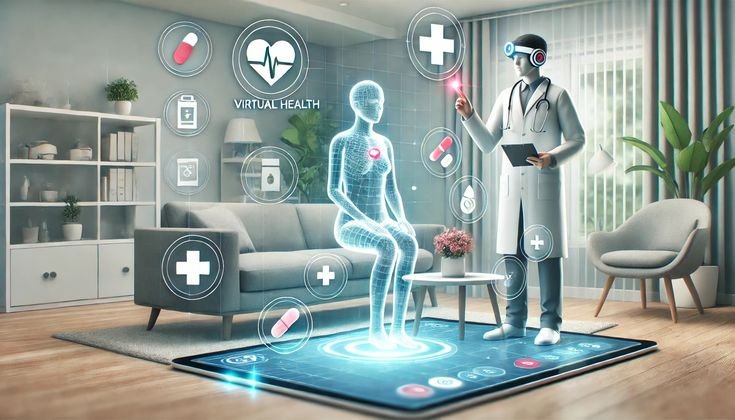
5. Ethical considerations and challenges
It holds immense potential though challenges are very significant in the same case. The serious challenge such fields pose consists of ethical issues surrounding the utilization of AI, the privacy of information, and even accountability in case one of these algorithms is incorrect.
This is due to the reason that the major problem with AI algorithms is bias results if bias or incompleteness data is being used in training the AI system, triggering false diagnoses and mistaken treatment recommendations. Hence, diversity and representative datasets must be applied in AI algorithms to counterbalance bias in healthcare.
The second most significant challenge is data privacy. The AI system works only when there is a huge volume of sensitive health data, which underpins it. Protecting that information from breaches while maintaining patient rights to privacy is really important to achieve trust in AI-driven healthcare solutions.
Accountability. Suppose there is a wrong diagnosis or inappropriate treatment of an illness, then who is to blame: the AI developer, the health professional, or the institution which introduced AI in the medical arena? This would be pretty complicated legal and ethical issue to think about and worth studying while forcing more AI applications into healthcare.
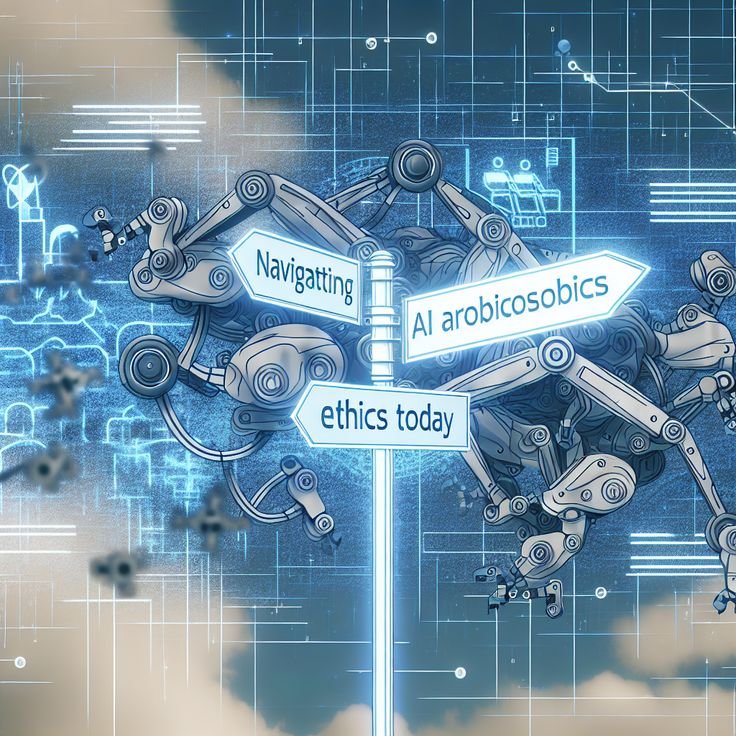
6. Conclusion: The Future of AI in Health Care
The future of health care, 2025, will take advantage of the power of AI in order to shape how things should be improved and made in diagnostics, in addition to developing personalized medicine and drug discovery toward making it more precise and efficient and delivering health care for better value. Challenges have to come as part and parcel of new technologies that change everything into some kind of new modus operandi of getting something done, notably ethical issues as well as problems on data privacy.
Indeed, this is exciting because the future of AI in healthcare promises better outcomes, lower costs, and increased equitable access to care. As the technology advances, so will its impact on medicine for the benefit of patients, providers, and society. It will unlock its full potential in healthcare going forward through responsible development, deployment, and regulation of AI.










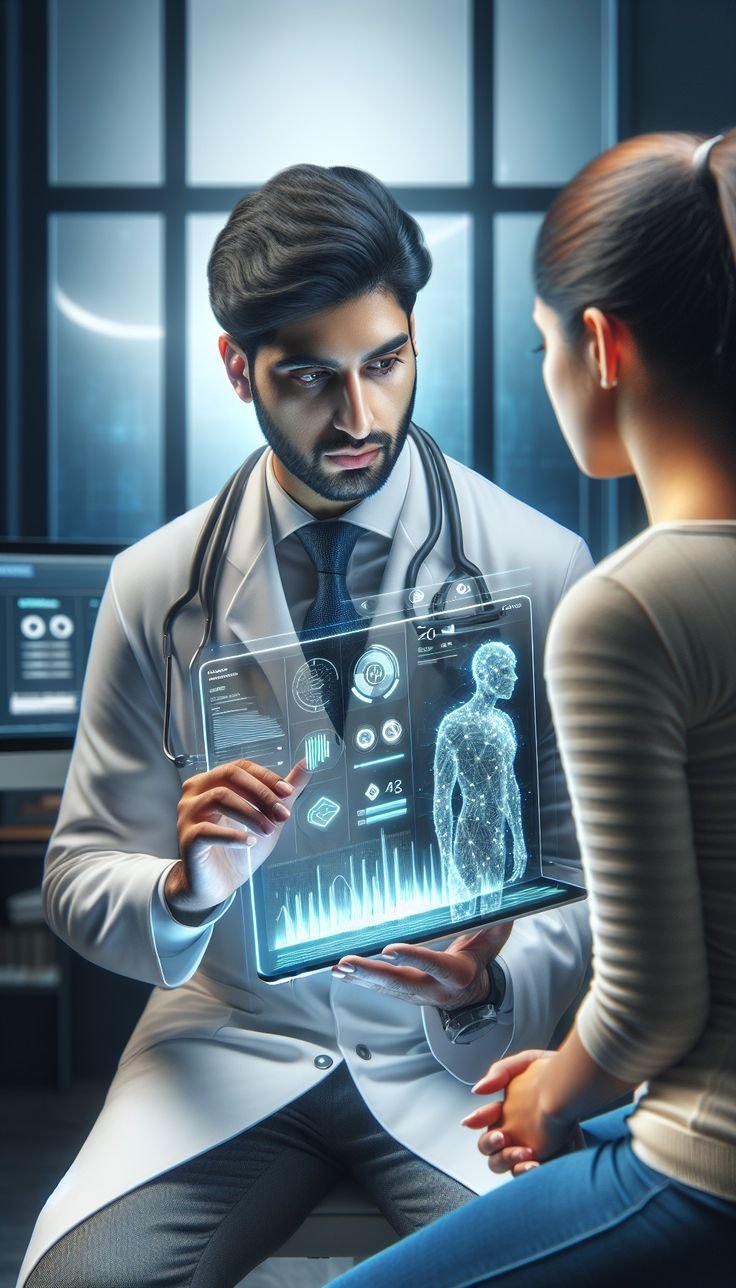







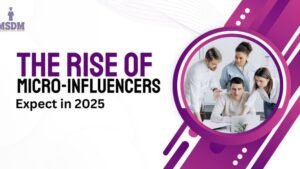





+ There are no comments
Add yours